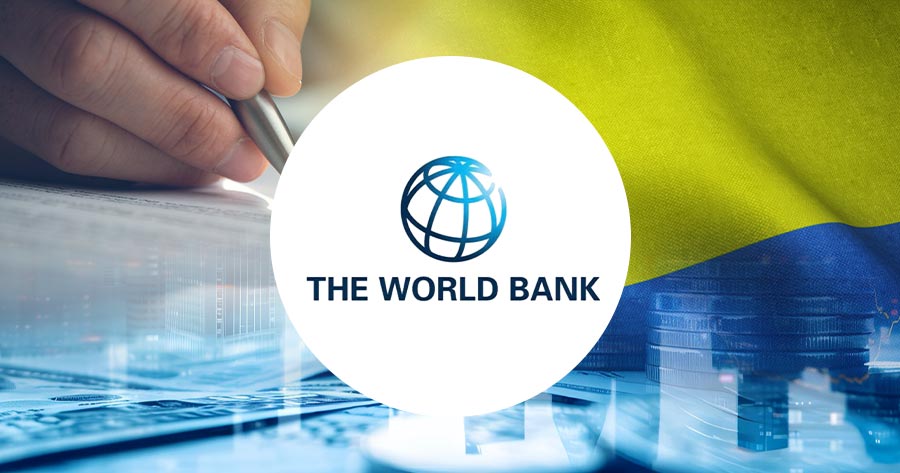On Thursday, the creation of a financial intermediary fund (FIF) was approved by the World Bank board of executives in support of Ukraine, according to the report by Reuters citing sources familiar with the matter. The United States, Canada, and Japan are expected to contribute to the fund, regardless of Russia’s disapproval.
The World Bank’s funding is part of a Group of Seven nations pledged to support Ukraine with nearly $50 billion in additional funding by the end of 2024, as Ukraine has been struggling against Russian aggression for almost two years.
The exact amount of funds contributed by three supporters has yet to be announced, but it will be extracted from the interest on frozen Russian assets.
A statement from the European Union Council said that the vote from the World Bank came shortly after European Union envoys agreed to send as much as EUR35 billion ($38.3 billion) to Ukraine as part of a larger G7 nations funding, also extracted from the frozen Russian central bank assets.
Senior director of the Atlantic Council’s GeoEconomics Center, Josh Lipsky, said that these two actions would help G7 countries fulfill their promise made to Ukraine back in June by providing a significant amount of subsidy to the Ukraine war effort.
Lipsky also remarked that the amount of money that will be sent to Ukraine is a “game changer”, as 2023 alone saw Ukraine spending up to $80-$90 billion in the war, and $50 billion would make a great difference. The three major providers have declined or remain not to comment on Lipsky’s remarks.
Ajay Banga, the World Bank president, said in May that he was up for managing G7 loans to Ukraine that were extracted from Russian assets, even if it is not for military purposes.
The World Bank already has plenty of experience managing similar kinds of donations like the one to Afghanistan, and it could replicate that operation for a Ukraine loan, according to Banga.
The Russian overseas assets were frozen soon after Russia declared war on Ukraine in February 2022, with more than two-thirds of those assets, valued at around EUR 210 billion, stuck in EU member states, most are held in Belgium’s depository Euroclear.





